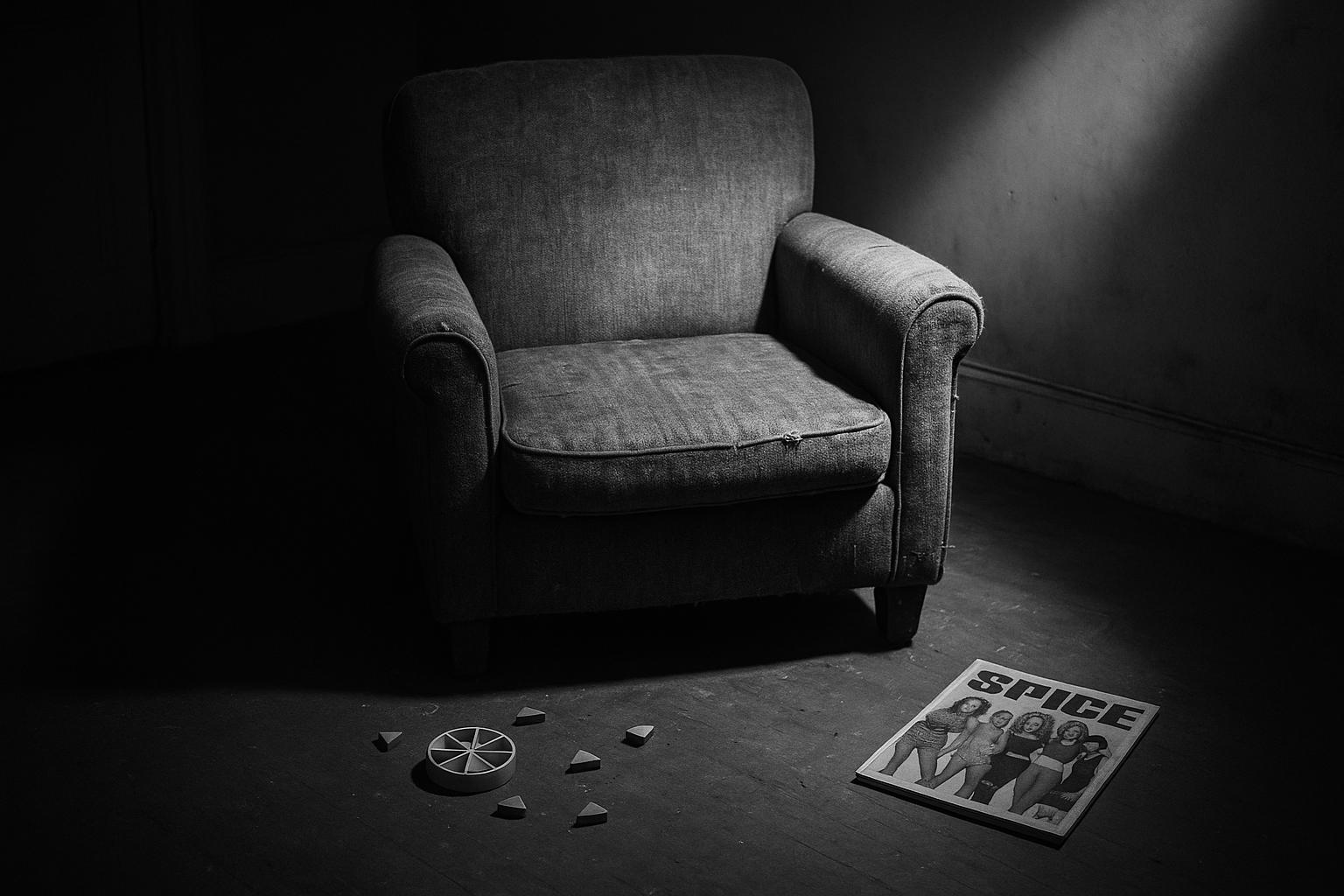The Park Theatre’s revival of Andrew Keatley’s The Gathered Leaves is a quietly persuasive revival that rewards patience even when the writing grows ponderous. According to the Evening Standard’s report, the production is elegantly mounted and “slowly beguiling,” guided by a committed ensemble whose performances lift material that sometimes lags. Critics praised the production’s emotional honesty even while noting its uneven pacing.
At its heart the play is a family drama that moves between the small cruelties of domestic life and larger questions about care and memory. Reviewers have pointed to recurring motifs — an authoritarian patriarch suspected of dementia, a son with autism, and the friction between generations — as the engine of the drama, with scenes that repeatedly return to younger versions of the central brothers to underline their particular bond. Some critics find that device over-emphatic; others say it deepens the play’s melancholic patience.
The cast has been singled out repeatedly for anchoring the piece. The Evening Standard highlighted a strong ensemble led in different reports by Jonathan Hyde and Joanne Pearce, while the British Theatre Guide praised Nick Sampson’s measured Samuel and Alexander Hanson’s sympathetic Giles. Michael Billington in The Guardian also drew attention to assured performances from Jane Asher and Katie Scarfe in supporting roles, suggesting the acting gives psychological weight to Keatley’s old-fashioned structure.
Observers differ over the production’s directorial stamp. The Evening Standard credited Adrian Noble with a sensitive hand that keeps the drama clear and human; in turn the British Theatre Guide described Antony Eden’s steady pacing and emphasis on character relationships. That divergence in reporting underlines how straightforward staging and small tonal choices can shift the feel of a traditional family play without altering its central concerns.
Keatley peppers the text with recognisably 1990s signifiers — a competitive game of Trivial Pursuit, a reference to Rain Man-style “autism savant” imagery and magazine culture anchored by the Spice Girls’ prominence on the cover of The Face. The production also mines a particular comic-cultural shorthand in evoking Renault’s Clio “Nicole and Papa” adverts: the exchange “Nicole? / Papa!” entered British popular memory during the 1990s and remains an efficient touchstone for the era’s advertising narratives, according to contemporary accounts and advertising histories. These moments contribute a nostalgic tone that many viewers will recognise and enjoy.
Yet the play is not without its limitations. Multiple reviews noted slow exposition and occasional sentimental turns; one critic described the final act as feeling hurried, with a scramble to tie together several plot strands. Even so, the production closes on striking stage images — moments of fragile unity amid family disunion — that many observers found resonant and moving.
Taken together, critics suggest The Gathered Leaves is less a theatrical experiment than a character-driven restoration of an older dramatic form: morally earnest, rooted in believable relationships and reliant on strong performances rather than radical invention. As Michael Billington wrote, Keatley’s script repays patient attention; other reviewers concluded that while the play does not always probe its themes as deeply as it might, it remains an emotionally credible and often quietly affecting portrait of family life.
📌 Reference Map:
##Reference Map:
- Paragraph 1 – [1], [2]
- Paragraph 2 – [2], [3], [5]
- Paragraph 3 – [2], [3], [4]
- Paragraph 4 – [2], [3]
- Paragraph 5 – [1], [2], [6], [7]
- Paragraph 6 – [1], [3], [5]
- Paragraph 7 – [4], [3]
Source: Noah Wire Services
